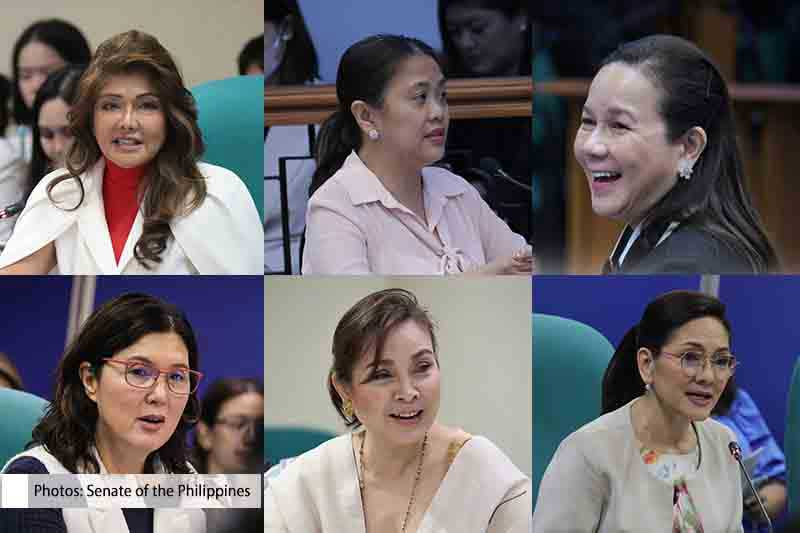By Francis Allan L. Angelo
A new policy study titled “Barriers to Filipino Women’s Political Participation” reveals that women make up only 24% of elected officials in the Philippines, exposing the country’s persistent gender gap in political representation.
The paper, authored by University of the Philippines professors Jean Encinas-Franco and Elma Laguna, finds that despite the country’s strong legal frameworks for gender equality, women remain severely underrepresented in formal politics.
The 2023 policy brief, published by the UP Center for Integrative and Development Studies, cites cultural norms, systemic barriers, and political dynasties as major contributors to the disparity.
Filipino women consistently vote in large numbers—often matching or surpassing male voter turnout—but struggle to win public office.
In 2019, women held only 20% of all elective posts nationwide, increasing slightly to 24% in 2022.
That figure remains well below the 30% threshold recommended by international gender equity standards for meaningful representation.
“Women have their rightful place in formal politics,” said Dr. Encinas-Franco during a March 27, 2025, forum hosted by the Philippine Institute for Development Studies.
“If women comprise half the population, then they should be represented in decision-making bodies.”
The study highlights the paradox of Filipino women’s high political engagement as voters but limited success as candidates.
While women have gained ground in the Senate and the House of Representatives—with 28% and 29% representation respectively in 2019—local and executive positions remain dominated by men.
One structural obstacle is the country’s “first-past-the-post” electoral system, which favors well-funded, well-known candidates, typically men from political dynasties.
Weak political parties and a lack of internal mechanisms to promote female candidacies exacerbate the issue.
Encinas-Franco underscored the influence of dynastic politics, noting that many women enter politics through male relatives.
“If you conceive of political families as patriarchal, their involvement in politics is not by their own volition, but because the family patriarch must have told them to do so,” she said.
Although some dynastic women have championed gender-focused policies, many serve more as placeholders than advocates.
Globally, the World Economic Forum estimates that gender parity in political representation could take nearly a century to achieve at the current pace.
Countries like Rwanda, which implemented gender quotas and proportional representation, have already achieved near-equal legislative bodies.
The brief calls for similar reforms in the Philippines, including party-list system revisions and mandated quotas for female candidates.
“We’re not saying that we want more men in politics, but we have to provide equity measures to equalize, to give women the chance,” Encinas-Franco said.
Online harassment, gendered disinformation, and other forms of violence against women in politics (VAWP) also deter female participation.
Despite increased attention to VAWP, Philippine law does not currently define or penalize such acts comprehensively.
The Commission on Elections has taken initial steps, but the report urges lawmakers to pass specific legislation that addresses gendered violence and disinformation.
Cultural perceptions that politics is a “man’s domain” persist, with surveys showing many Filipinos still believe men make better leaders.
Such norms are reinforced by media coverage that often focuses on women candidates’ roles as wives and mothers rather than their platforms.
The authors advocate for more gender-sensitive reporting and the release of sex-disaggregated data from electoral surveys to better understand women’s voting behavior.
Institutions like the House of Representatives have taken steps, such as forming women’s caucuses and issuing guidelines for gender-responsive legislation.
However, unless these tools are formally integrated into legislative rules, implementation remains inconsistent.
The study concludes that greater descriptive representation—more women in office—must translate into substantive gains, such as laws and budgets that advance women’s rights.
Achieving true gender parity in Philippine politics, the authors argue, will require sustained structural reform, cultural change, and political will.






















Good on them, so they have proper jobs